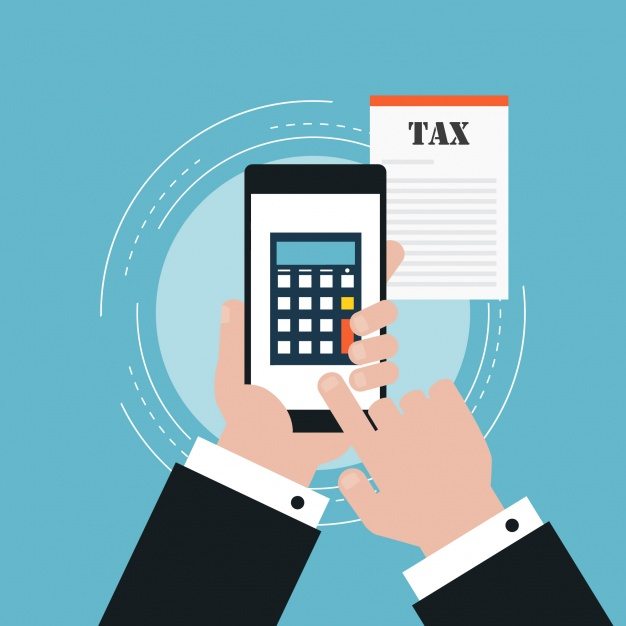A key part of The CARES Act for freelancers was the ability for the self-employed to apply for unemployment benefits to offset income lost due to the Covid-19 pandemic under the Pandemic Unemployment Assistance (PUA) program. However, what may not be clear to many people who are receiving unemployment payments, often for the first time in their working lives, is that this income is taxable—which makes it an important consideration for freelancers who need to factor this in when making estimated tax payments and calculating their annual income tax obligations.
Another key point to remember about any unemployment payments you may have received is that depending on where you reside, they may be subject to not only federal income taxes, but taxes at the state and local levels, too. For example, if you are a freelancer living and working in a state such as New York, assume you will be paying federal taxes, New York States taxes and, if you live in New York City, the city tax as well. On the plus side, you don’t have to pay Social Security or Medicare taxes on unemployment income.
Few states exempt unemployment benefits from taxes—check your federal, state and local tax liabilities. If you did receive unemployment payments, be sure to check to see if the state you received them from is one of the few waiving income taxes on them such as California, Montana, New Jersey, Oregon, Pennsylvania and Virginia. Additionally, these states don’t levy income taxes at all, and this would include unemployment benefits received by residents there: Alaska, Florida, Nevada, South Dakota, Texas, Washington and Wyoming. Even if your state is waiving taxes on unemployment income, you would still owe federal taxes on it and potentially local taxes, however.
Given the impact additional unemployment income may have on your freelance tax picture—especially with the next estimated tax deadline just around the corner, on September 15, now is the time to look at how any unemployment payments you received will impact your freelance tax obligations, both for this quarter and for 2020 overall, so you can make necessary adjustments to your plans for tax payments.
Managing your freelance tax obligations proactively is key during the pandemic and beyond. This year more than ever, it is critical for freelancers to keep abreast of the tax impacts created by the pandemic to avoid any tax season surprises. If you haven’t engaged in tax planning for your freelance business yet this year, start with your preparations for the next estimated tax payment due on September 15, taking the time to look at your federal, state and local tax obligations in light of participation in the PUA and any other changes in income so you can proactively manage them.


